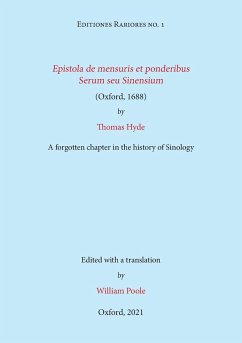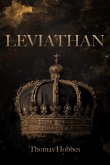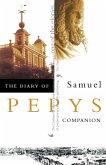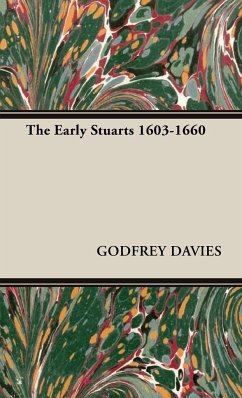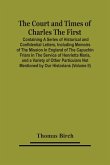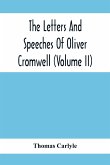The first documented encounter between an English scholar and a Chinese scholar took place in the Summer of 1687 in Oxford, England, when Thomas Hyde, Bodley's Librarian and the foremost oriental scholar of his day, met Shen Fuzong, a native of Nanjing and the child of Christian converts, who was visiting Europe in the company of the Jesuits. This book presents the first fruits of that encounter, Hyde's short Latin Epistola de mensuris et ponderibus Serum seu Sinensium ('Letter on the Measures and Weights of the Seres or Chinese'), printed in Oxford in 1688. Hyde's original text is here edited with a full facing translation into English, an introduction, commentary, and over twenty colour illustrations. Hyde's short Epistola has some claim to be the first proper text in English Sinology, insofar as it is based on informed access to genuine Chinese sources, and is not simply a rehash of material taken at second hand from the missionary or mercantile accounts of other nations. Hyde was arguably the first English person to gain some real insight into the Chinese language, and his letter is also enlivened by discussions of the Great Wall, of tea, of Chinese New Year, and by some interesting comparisons with Islamic materials. But it has two features of lasting significance for the historian of intercultural encounters. The first is that Hyde, a Protestant scholar, considered that his access not only to Shen's native testimony, but also to some indigenous Chinese maps recently acquired by the Bodleian, rendered his judgement superior to that even of the Jesuit missionaries, with all their field experience, because he could assess and balance a range of sources. Secondly, Hyde treated Chinese weights and measures, for all their cultural specificity, as still assimilable to the Western paradigms of scholarship with which Hyde felt comfortable. This edition and study of Hyde's Epistola de mensuris et ponderibus Serum seu Sinensium is a celebration of this complex early encounter between Western and Chinese cultural, intellectual, and religious ideas, one which in its balancing of affinity and difference, is of particularly resonance today.

